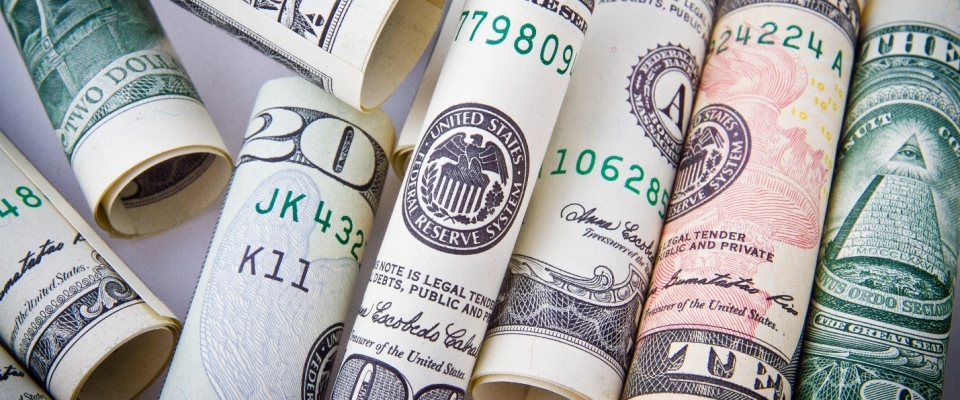ECB takes quantitative easing actions to fight the coronavirus crash
European Central Bank throws 750 billion euros at the economy
The European Central Bank on Wednesday announced a huge new money-printing program. This is aimed at keeping the region’s financial system functioning and helping the economy cope with the devastating shock caused by the coronavirus epidemic.
The central bank said it would spend €750 billion ($821 billion) buying government debt and private securities before the end of 2020. And it stands ready to do even more if necessary.
What the quantitative easing program can do for the economy
That massive increase to the central bank’s balance sheet, known as quantitative easing, is designed to keep the financial system liquid when investors are running scared. Global stocks have plunged deep into a bear market. And central banks around the world are engaging in emergency stimulus plans to bolster their economies and markets in the face of a potentially disastrous worldwide recession.
Europe’s central bank “will explore all options and all contingencies to support the economy through this shock,” the ECB said in a statement. Large parts of Europe are under lockdown as the virus rampages through the region. Industries such as car making and aviation have almost completely shut down.
The announcement comes less than a week after the ECB ramped up bond purchases. ECB promised to buy €120 billion ($134.8 billion) in additional bonds this year. And it joined central banks around the world in slashing rates on currency swaps but declined to push interest rates deeper into negative territory.
It also follows pledges by European countries to commit at least $1.5 trillion in spending and loan guarantees in a desperate bid. This is aimed to protect business, workers and families from the worst of the pandemic-induced pain.
Further actions by ECB in the future
The ECB said the asset-purchase program will last at least through 2020. In addition to asset purchases, the central bank will waive its existing eligibility requirements for Greek debt purchases.
In addition to government debt, the ECB said it would buy commercial paper from private companies, including non-bank institutions to give companies access to short-term lending. Commercial paper allows companies to make payroll and get funding for other day-to-day needs.
The ECB also said it would adjust its collateral standards to help finance the corporate sector as companies, particularly in the service sector. This will face a new world in which potential customers are confined to their homes.
The US central bank actions
The Federal Reserve has issued a similar commercial paper rescue facility, injecting billions of dollars into the short-term lending market.
Next up for fiscal policy: President Trump wants a $1.2 trillion stimulus package that would include direct checks to most Americans. This will also aid to hard-hit industries like the aerospace/airline sector.
Market response after the actions
Dow Jones futures reversed lower late Wednesday, along with S&P 500 futures and Nasdaq futures, after briefly jumping as the European Central Bank announced its own big quantitative easing program. On Wednesday, the coronavirus stock market crash tumbled to new lows. Covid-19 cases continue to soar in the U.S. and worldwide.
JPMorgan Chase now sees the U.S. economy contracting at a 4% annual rate in the first quarter and 14% in Q2. Even with a second-half rebound, JPMorgan expects the U.S. GDP to fall 1.5% for 2020. But all of these economic forecasts are a moving target.
Obviously, the coronavirus is a long term battle at least for the year of 2020. EU and US both launched quantitative easing programs to save the market. China also had the quantitative easing measures to help fight the coronavirus and the recovery of the business. It’s important for the government to build confidence in the economy in this special period.
About E. J. McKay
E.J. McKay(www.ejmckay.com)is a Shanghai-headquartered investment bank with a special focus on mergers & acquisitions. We are one of the most long standing independent investment banks in China, with core business of mergers & acquisitions and financing advisory.


